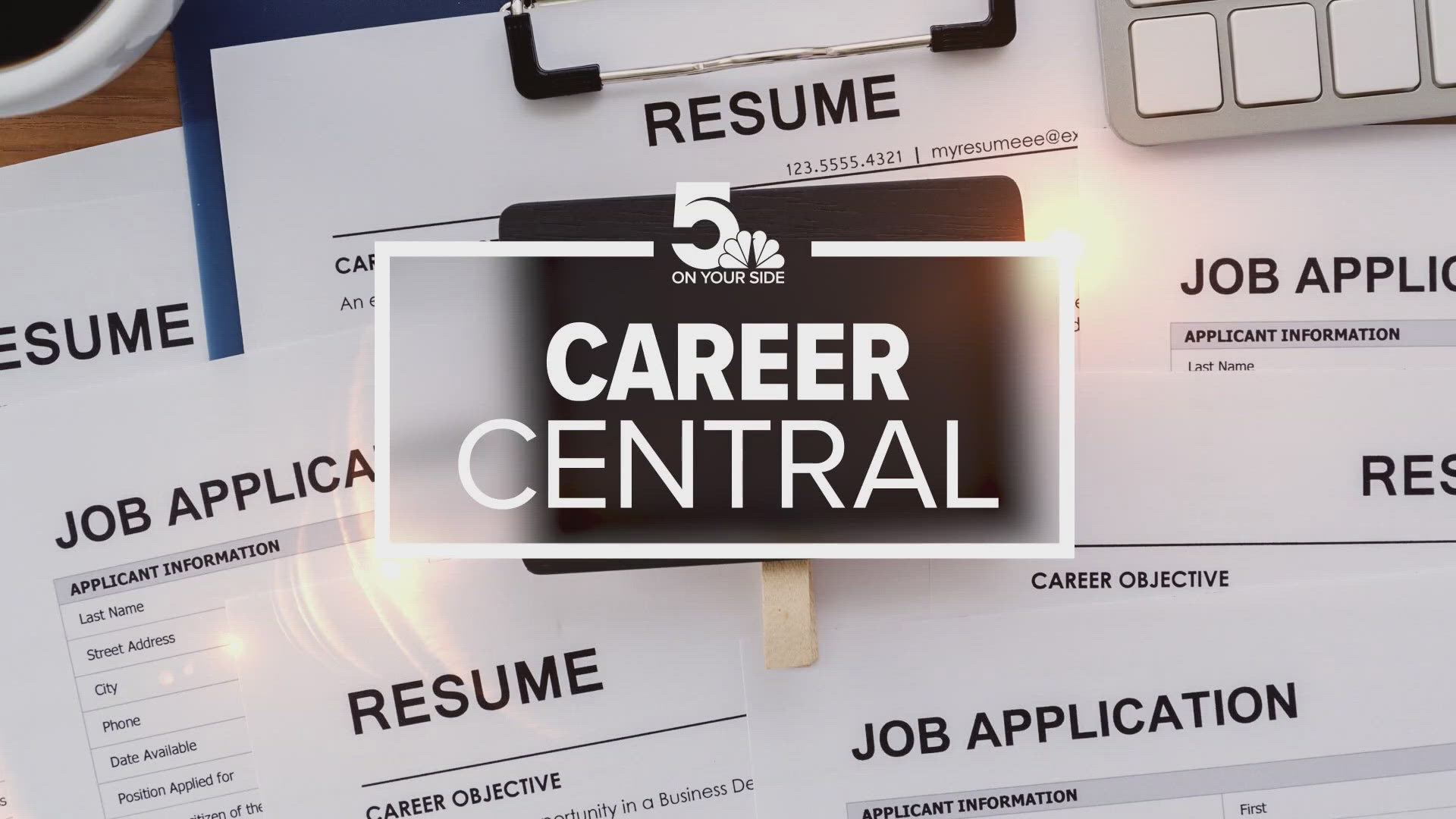Your Credit Can Affect Your Housing
When you apply for credit, you expect a potential lender to check your credit report. The lender wants to assess the risk of lending you money before approving your application.
Did you realize that potential landlords could check your credit report as well? A 2014 study by the credit reporting agency TransUnion found that nearly half of landlords surveyed considered credit check results as one of the top three factors in evaluating a potential tenant's application. Landlords want proof that you'll make payments on time, just like lenders do.
Is your credit report being correctly compiled by the three major credit reporting agencies (Experian, Equifax and TransUnion) – and if so, is it being correctly represented to the landlord? You can't take either one for granted.
Mistakes Were Made
A recent Federal Trade Commission (FTC) case highlights potential problems with tenant credit screening. Not all landlords check a potential tenant's credit directly – some use Landlord Associations or tenant screening services to simplify the process. If the screening service gives incorrect information, your lease application could be denied even though your credit is first-rate.
The FTC recently fined RealPage, Inc., a Texas-based rental screening company, $3 million for "failing to take reasonable steps to ensure the accuracy of tenant screening information provided to its clients."
RealPage's automated system used broad search criteria to find information on applicants, finding matches for exact last names and birth dates but first names that were similar but not exact – with insufficient sorting and accuracy checks afterward. For screening purposes, parts of your record could have been confused with similarly named people with criminal records or poor credit backgrounds. Leases were denied based on the records of others.
You shouldn't automatically assume that a credit reporting agency’s information is accurate, either. Your credit report may contain errors like late/missing payments that were made, or accounts incorrectly assigned to you – or worse, fraudulent accounts or charges that are signs of identity theft.
Before you search for rental options, get a copy of your credit report and review it thoroughly. Address any errors or signs of fraud immediately. You can pre-emptively show a potential landlord that you have good credit and that further screening is unnecessary.
Passing the Background Check for a New Apartment
What happens if your credit report is accurate, but it doesn't paint a pretty picture? It's time to start the credit rebuilding process.
Honestly assess your credit report as if you were a landlord. If someone you didn't know had the same credit report as you, and you reviewed that report through the eyes of a landlord, would you expect to receive regular rent payments from that person?If not, how would that person convince you that he or she will be a good tenant?
While missed payments last on your credit report for up to seven years, landlords are far more concerned about your current financial behavior. A single late payment from the past doesn't usually warrant rejection. However, a history of missed payments spread out over time is harder to explain, as is a recently missed payment. Maybe now you have a higher income or a more stable life situation that will ensure regular payments. Be prepared to make that case, whatever it is, with proof to back up your claims.
Meanwhile, make sure that all payments are made on time and adjust your budget to start paying down any outstanding debt. You need evidence of greater fiscal responsibility. That may mean delaying your rental search a few months, or longer if your credit report shows repossessions or defaulted credit/loan accounts.
Avoid opening new lines of credit during your rental search. Landlords may conclude you're taking on more debts than you can afford. If you must open new credit, have a valid reason why and show how you can handle new payments.
Generally, the same rules for improving credit scores apply to improved tenant-screening results – but your current behavior plays a stronger role.
The Takeaway
Don't let credit issues get in the way of finding your best rental housing option. Make an honest assessment of your finances to know what you can afford, and then check your credit report for any potential problems. Address any errors or signs of fraud immediately.
Make sure your landlord has your correct full name and date of birth to avoid confusion from the landlord's perspective. Have copies of your credit reports available to refute any poor screening results.
Does your credit need work? You can't fix missed payments from the past, but you can make sure all future payments are made on time. Help out your credit profile by keeping overall debt low and not opening new credit accounts during your rental search.
Be ready to explain any significant problems like repossessions or defaulted credit cards/loans. You're going to have to make a strong case. Have all your paperwork ready to show how the situation was handled.
Get your credit in the best shape possible before your rental search. A good credit report helps your approval chances for a lease – but more importantly, it shows overall financial health.
This article was provided by our partners at moneytips.com.
To Read More From MoneyTips:
Photo ©iStockphoto.com/PeopleImages



